Which is Better? EC2 vs S3?
Discover the benefits and drawbacks of EC2 vs S3 and make an informed decision for your cloud infrastructure. Learn about the features and real-world use cases of these two AWS services.
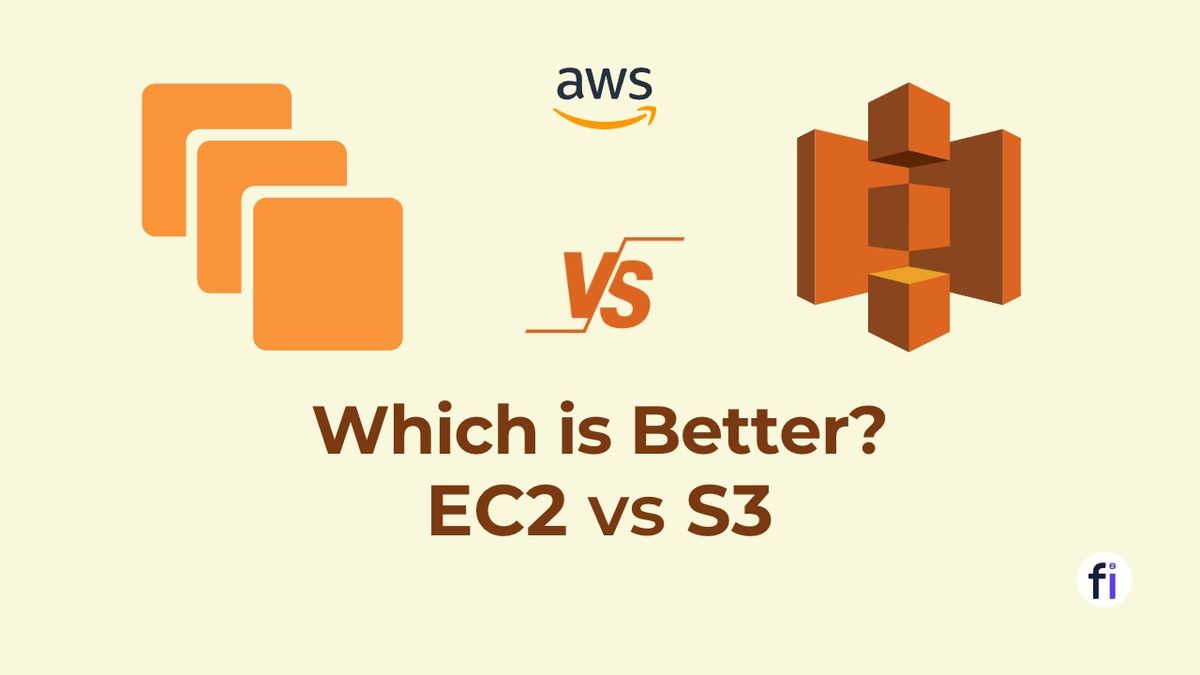
As businesses continue to grow and evolve in today's digital world, the need for cost-effective and scalable cloud computing solutions has never been greater. In this article, we will take a deep dive into two of Amazon Web Services' most popular offerings, EC2 (Elastic Compute Cloud) and S3 (Simple Storage Service), to help you better understand the key differences between the two and determine which one is the best fit for your needs.
I. Introduction
A. Explanation of EC2 and S3
EC2 (Elastic Compute Cloud) is a cloud-based computing service that enables businesses to run virtual machines on the AWS infrastructure. It provides on-demand access to a wide range of computing resources, including virtual servers, storage, and databases.
S3 (Simple Storage Service), on the other hand, is a cloud-based storage service that provides businesses with scalable and low-cost data storage. S3 is designed for storing and retrieving large amounts of data and is commonly used for storing backups, images, and other files.
B. Importance of Understanding the Differences between EC2 and S3
Choosing between EC2 and S3 can be a difficult decision, as both offer a range of benefits and capabilities. Understanding the key differences between the two is crucial in determining which service is the best fit for your specific needs and requirements. In this article, we will compare EC2 and S3 in terms of purpose, functionality, performance, cost, security, and accessibility, to help you make an informed decision.
II. EC2 (Elastic Compute Cloud)
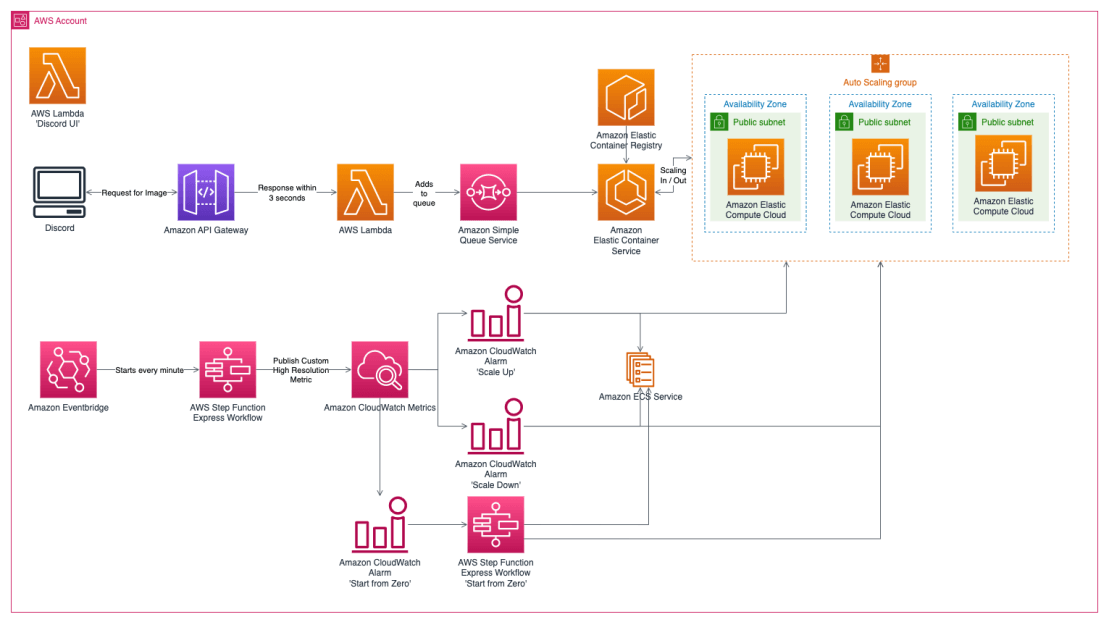
A. Definition and Explanation
As mentioned above, EC2 is a cloud-based computing service that provides businesses with on-demand access to virtual machines. EC2 enables businesses to quickly launch virtual servers with the desired operating system, network configuration, and storage. EC2 also provides a range of tools and features for managing and monitoring virtual machines, including automation, scaling, and security features.

B. Use Cases
EC2 is commonly used for a wide range of applications, including web hosting, software development, testing and deployment, and big data processing. EC2 is also a popular choice for businesses that require a scalable computing solution to meet the demands of rapidly growing businesses.
C. Advantages and Limitations
The main advantage of EC2 is its scalability and versatility. EC2 enables businesses to quickly and easily launch virtual servers with the desired configurations and resources, making it an ideal solution for businesses with rapidly changing computing needs.
However, EC2 also has some limitations, including the potential for high costs, especially for businesses with large-scale computing needs. EC2 also requires a certain level of technical expertise and knowledge to effectively manage and maintain virtual machines.
D. Reference
https://docs.aws.amazon.com/ec2/index.html?nc2=h_ql_doc_ec2
III. S3 (Simple Storage Service)
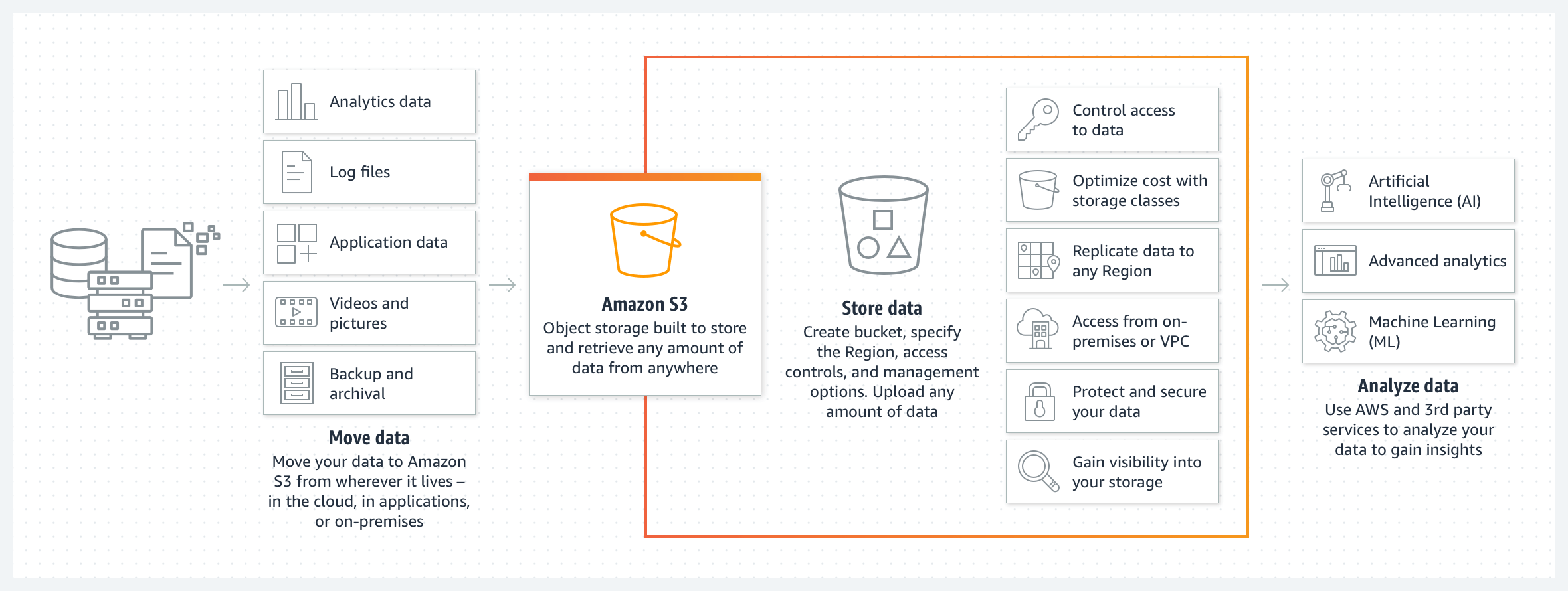
A. Definition and Explanation
As mentioned above, S3 is a cloud-based storage service that provides businesses with scalable and low-cost data storage. S3 is designed to store and retrieve large amounts of data and is commonly used for storing backups, images, and other files. S3 provides a range of features and tools for managing and securing stored data, including versioning, lifecycle policies, and data encryption.

B. Use Cases
S3 is commonly used for a wide range of data storage and retrieval needs, including backups, big data processing, and archiving. S3 is also a popular choice for businesses that require a scalable and low-cost storage solution for their growing data needs.
C. Advantages and Limitations
Advantages of S3:
- Scalability: One of the main advantages of S3 is its scalability, which allows users to store unlimited amounts of data. This scalability makes S3 a suitable solution for businesses of all sizes, from small startups to large enterprises.
- Durability: S3 is designed to provide 99.999999999% durability of objects stored. This high level of durability ensures that users can trust S3 to store their critical data with confidence.
- Cost-effective: S3 offers a pay-as-you-go pricing model, which means that users only pay for what they use. This cost-effectiveness makes S3 a cost-effective solution for data storage, especially for businesses with large amounts of data.
- Flexibility: S3 supports a wide range of use cases, from data backup and disaster recovery to big data analytics and IoT applications. This flexibility makes S3 a versatile solution for a wide range of businesses.
- Integration: S3 integrates with a wide range of other Amazon Web Services, making it easy for businesses to integrate S3 into their existing AWS infrastructure.
Limitations of S3:
- Latency: While S3 provides low latency and high throughput, users may experience some latency when accessing data stored in S3, especially if the data is stored in a different region.
- Accessibility: S3 provides controlled access to data stored in its buckets, but users may experience some restrictions in accessing data stored in S3, especially if the data is stored in a different region.
- Cost: While S3 is cost-effective for data storage, users may experience additional costs for data transfer and data retrieval, especially if the data is stored in a different region.
- Complexity: S3 can be a complex solution, especially for businesses that are new to AWS or have limited experience with cloud computing.
- Data privacy: While S3 provides security for data stored in its buckets, users should be aware of the potential for privacy concerns, especially when storing sensitive data in S3.
D. Reference
https://docs.aws.amazon.com/s3/index.html?nc2=h_ql_doc_s3
IV. Differences between EC2 and S3
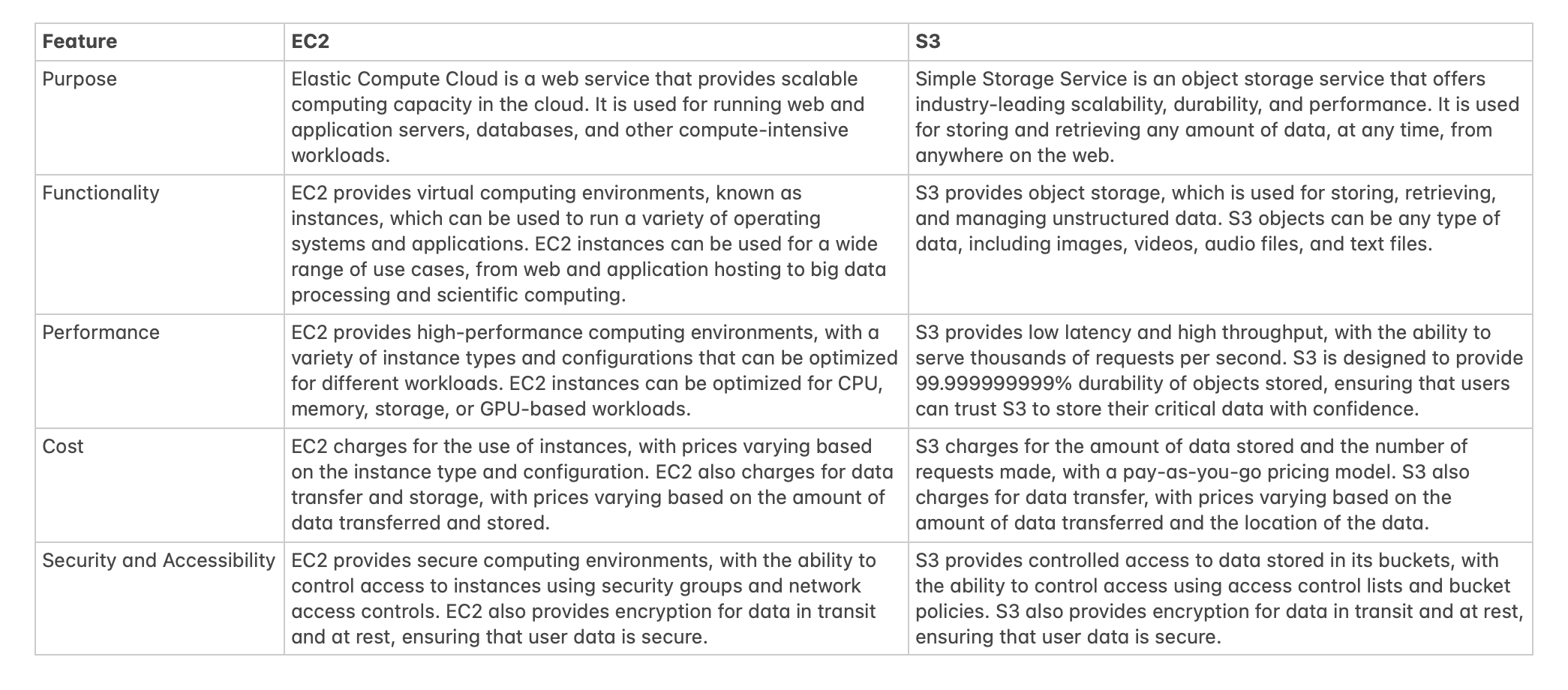
One of the key differences between EC2 and S3 is the purpose and functionality. EC2 is a cloud computing service that provides scalable computing capacity in the cloud. It allows you to run virtual machines and applications, and provides a variety of customization options for operating systems, network, and storage. On the other hand, S3 is a highly scalable, durable, and secure storage service that provides secure, scalable, and low-cost storage for data and files.
When it comes to performance, EC2 offers more options for customization and control, which can result in improved performance. For example, you can choose the size and type of virtual machine that you want to run, as well as the amount of memory, CPU, and storage. With S3, you don't have the same level of customization and control, but you do get the benefits of a highly scalable and available service that can store and retrieve large amounts of data quickly and reliably.
Cost is another key difference between EC2 and S3. EC2 instances are priced based on the type and size of the instance, as well as the number of hours you use it. You can also choose to pay for EC2 instances on an hourly basis, or sign up for a reserved instance that provides a significant discount over the hourly rate. With S3, you pay only for the amount of data you store, and you can store as much data as you need without incurring additional charges.
In terms of security and accessibility, both EC2 and S3 provide a high level of security and accessibility. EC2 instances can be secured using a variety of security measures, including firewalls, network access controls, and encryption. S3 provides a secure, durable, and highly available storage service that is accessible from anywhere on the Internet. You can control access to your S3 data using access controls and encryption, and you can also store your data in multiple geographic locations to ensure high availability.
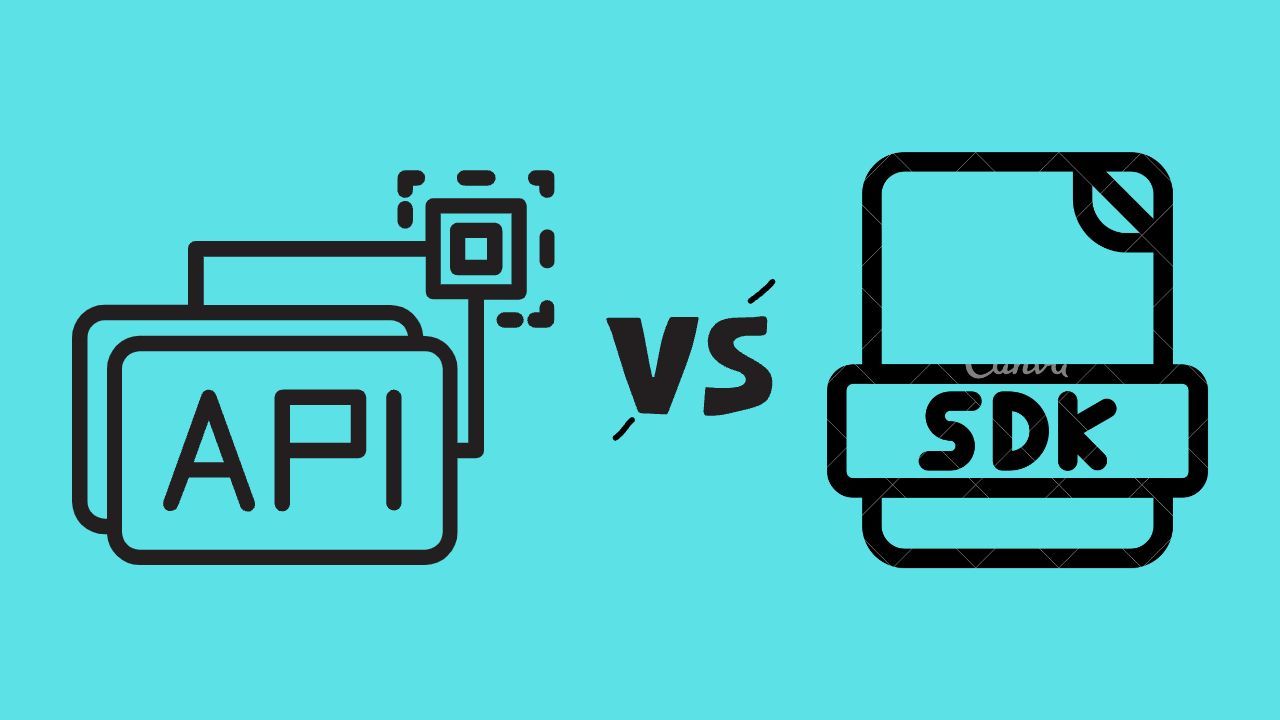
V. When to use EC2 or S3
The decision of whether to use EC2 or S3 depends on a variety of factors, including your use case, performance requirements, cost, and security and accessibility needs.
A. Criteria for choosing between EC2 and S3
When choosing between EC2 and S3, it's important to consider the following criteria:
- Use case: EC2 is best for running virtual machines and applications, while S3 is best for storing and retrieving large amounts of data.
- Performance: EC2 provides more options for customization and control, which can result in improved performance. S3 provides a highly scalable and available storage service.
- Cost: EC2 instances are priced based on the type and size of the instance, as well as the number of hours you use it. S3 charges you only for the amount of data you store.
- Security and accessibility: Both EC2 and S3 provide a high level of security and accessibility, but EC2 provides more options for customization and control.
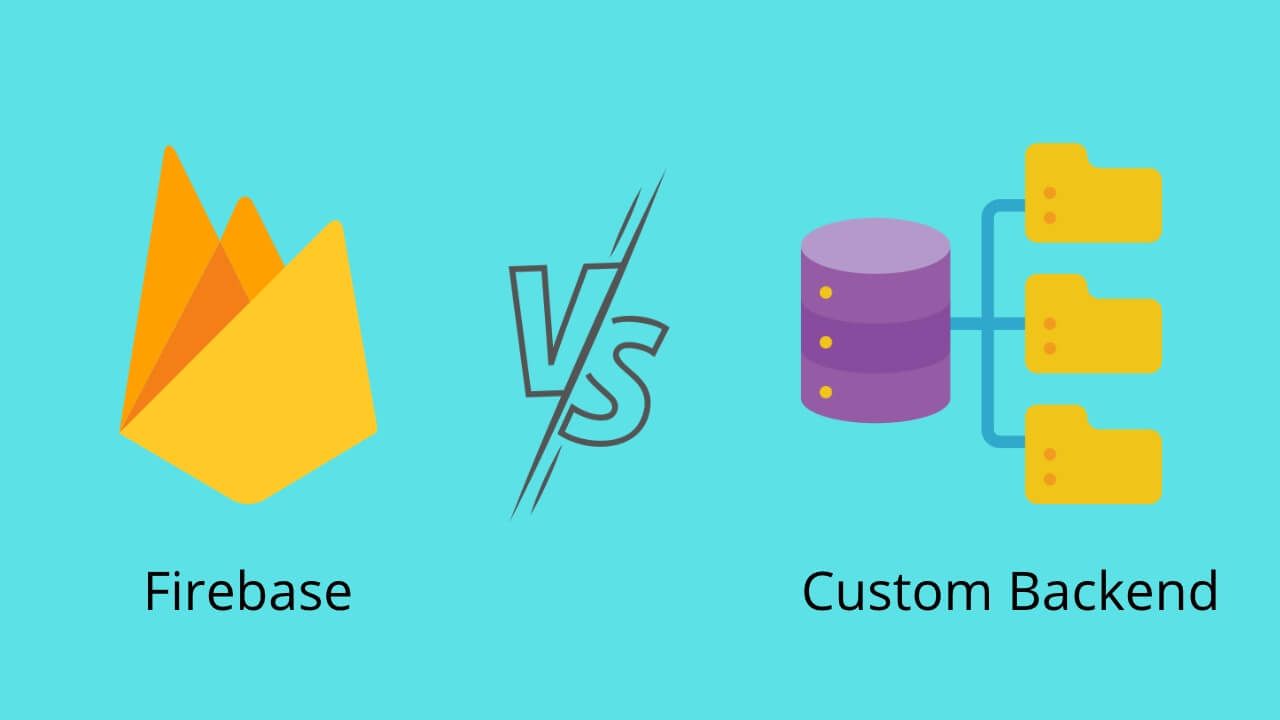
B. Real-world examples of EC2 and S3 usage
Some real-world examples of EC2 usage include running web servers, application servers, and databases. For example, you can use EC2 to run a web server that serves a dynamic website, or an application server that processes data.
S3 is commonly used for storing and retrieving large amounts of data, such as backups, archives, and media files. For example, you can use S3 to store backups of your website, or to store and retrieve large amounts of audio or video files.
VI. Security and Accessibility of EC2 and S3
When it comes to security and accessibility, both EC2 and S3 provide robust and flexible solutions for different use cases. EC2 provides customers with a range of security options, including firewalls, access controls, and encryption, to ensure that applications and data are protected. On the other hand, S3 provides customers with a range of data protection options, including encryption, versioning, and lifecycle policies, to ensure that data is protected and accessible.
A. EC2 Security and Accessibility
EC2 provides customers with a range of security and accessibility options, including firewalls, access controls, and encryption, to ensure that applications and data are protected. In addition, EC2 instances can be launched into Amazon Virtual Private Clouds (VPCs), providing customers with an isolated network environment for their applications.
B. S3 Security and Accessibility
S3 provides customers with a range of data protection and accessibility options, including encryption, versioning, and lifecycle policies, to ensure that data is protected and accessible. S3 also provides customers with the ability to define access controls for their data, ensuring that only authorized users can access their data.

VII. Conclusion
In conclusion, EC2 and S3 are both valuable services offered by Amazon Web Services (AWS) for hosting and storing data. EC2 provides scalable computing power for hosting applications and websites, while S3 provides scalable storage for storing data. Each service has its own specific use cases and limitations, so it is important to understand the differences between EC2 and S3 in order to make informed decisions on which service to use.
When choosing between EC2 and S3, there are several factors to consider, including purpose and functionality, performance, cost, security and accessibility. EC2 is best suited for hosting applications and websites, while S3 is best suited for storing data.

Overall, EC2 and S3 are both powerful and versatile services that are essential components of many cloud-based applications. Whether you are a developer, business owner, or IT professional, it is important to have a good understanding of EC2 and S3 so that you can make informed decisions about which service to use in your own applications.
In this article, we have covered the key differences between EC2 and S3, and provided some real-world examples of their usage. We hope that this information will help you make informed decisions about which service to use for your own applications.
FAQs
What is EC2?
EC2 stands for Elastic Compute Cloud, and it is a service offered by Amazon Web Services (AWS) for hosting applications and websites. EC2 provides scalable computing power that can be used to host a wide range of applications and websites.
What is S3?
S3 stands for Simple Storage Service, and it is a service offered by Amazon Web Services (AWS) for storing data. S3 provides scalable storage that can be used to store a wide range of data, including text, images, videos, and more.
What is the main difference between EC2 and S3?
The main difference between EC2 and S3 is their purpose and functionality. EC2 is used for hosting applications and websites, while S3 is used for storing data.
Can EC2 be used for storing data?
While EC2 can be used to store data, it is not specifically designed for that purpose. For storing data, it is recommended to use the S3 service.
Can S3 be used for hosting applications and websites?
While S3 can be used to store data that is used by websites and applications, it is not specifically designed for hosting applications and websites. For hosting applications and websites, it is recommended to use the EC2 service.
Reference headlines for this post:
- Everything You Need to Know About EC2 vs S3: A Comprehensive Comparison
- EC2 vs S3: Which AWS Service is Right for Your Business?
- EC2 Instance Store vs S3: A Deep Dive into Cloud Storage Options
- EC2 vs S3: Which Offers Better Performance for Your Business?
- EC2 vs S3: A Cost Comparison for Your Cloud Infrastructure
- Migrating from EC2 to S3: A Step-by-Step Guide
- EC2 vs S3: Which Offers Better Management for Your Cloud Infrastructure?
- EC2 vs S3: A Comparison of Security Features
- EC2 vs S3: A Comparison of Integration Options
- EC2 vs S3: A Comparison of Backup Options


